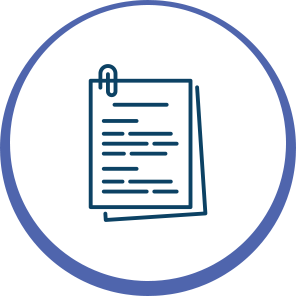
Grants
Overview & Goals
2024 – 2025
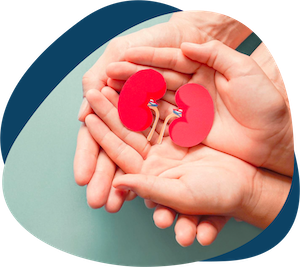
KTC continues to underscore a critical and growing challenge facing the U.S. healthcare system: a dramatic increase in the number of individuals waiting for a kidney transplant and strongly feels that developing legislative policies and funding innovative programs that increase living kidney donation and transplantation is the answer.
In Phase 2, KTC focused solely on funding groundbreaking new approaches and best practices to increase living donor kidney transplants. After extensive review, KTC selected three organizations that will receive a total of $1 million in grants to further their research and development of strategies to increase living kidney donation.
KTC prioritized projects that:
- offered new and innovative approaches to increasing living donor kidney transplantation;
- meet the needs of patients needing a kidney (recipients) by (a) increasing the number of living donors and/or (b) increasing the availability/utilization of kidneys from living donors;
- resulted in successful transplants from living donors to patients with end-stage renal disease (ERSD) within 12 months of funding; and
- have the potential to scale across multiple Organ Procurement and Transplantation Network (OPTN) regions, or broadly generalizable.
KTC Grant Awardees
In Phase 2, KTC focused solely on funding groundbreaking new approaches and best practices to increase living donor kidney transplants.
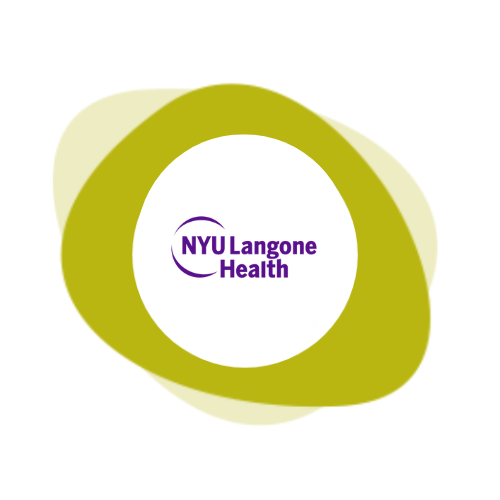
Modernizing the Live Donor Champion Program
New York University
The Live Donor Champion is an evidence-based program that helps kidney transplant patients find living donors by identifying an advocate who raises awareness and connects with potential donors. While effective in increasing knowledge and donor referrals, especially in underserved populations, the original in-person program is resource-intensive format has proven difficult to sustain.
Dr. Levan and her team will modernize the program into a virtual and accessible format. Key innovations include: Pre-recorded educational sessions for patients and advocates, Information on kidney-paired donation, Resources to reduce donor financial burdens.
The modernized program will be pilot-tested at NYU Langone Health, where the project team will evaluate its impact on donor referrals, evaluations, and transplants.
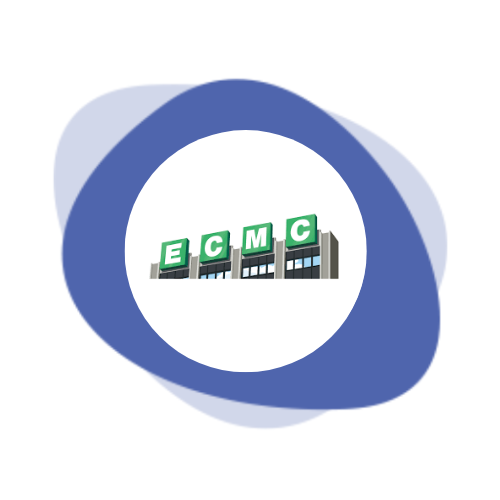
Clinical Integration of a Mobile Education-Outreach Intervention to Maximize Living Kidney Donation
State University of New York at Buffalo (University at Buffalo)
This project focuses on expanding access to living donor kidney transplants in a low-income region through widespread dissemination of education for patients and social networks using a mobile intervention. While finding a living donor often requires significant patient-driven outreach, current in-person educational programs lack strategies for supporting individuals to conduct outreach more broadly.
Dr. Kayler and her team will conduct an implementation-effectiveness study of a mobile education-outreach program, KidneyTIME, that empowers kidney transplant patients to conduct educational outreach to their social network and the public to find living kidney donors. Although a previous trial of the program showed increased patient knowledge and waitlisting behaviors, outreach to potential donors was limited. Their study will integrate KidneyTIME into real clinical settings to ensure that more diverse patients can benefit from the intervention and are able to find living donors. The team will track patient outreach behaviors, assess barriers to donor identification, and gather feedback from clinical staff to refine the program to scale use in transplant clinics nationwide.
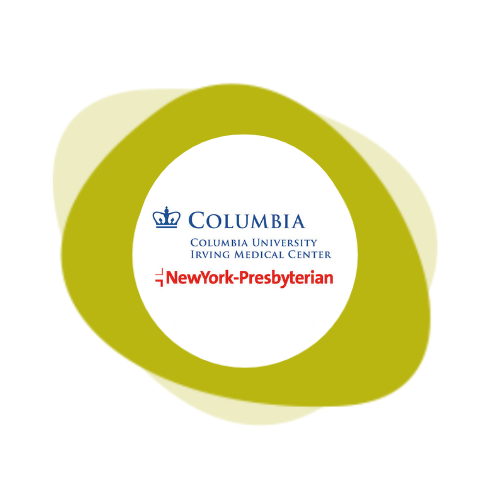
A Sociodemographic Demonstration Project to Increase Non-Directed Kidney Live Donation
Columbia University
The Live Donor Champion is an evidence-based program that helps This project seeks to increase kidney transplants by leveraging non-directed live kidney donors, an underutilized donor pool. Several factors often inspire non-directed live kidney donors, including hearing about someone in need of a transplant and knowing a previous donor. Dr. Ratner and his team will identify and engage these potential donors through two key strategies.
First, they will contact “residual donors” — people who offered to donate a kidney but whose recipient was transplanted by another donor — and invite them to become non-directed live kidney donors. Second, they will develop patient stories and a network of non-directed live kidney donors to mentor potential donors. These resources will be used during employer- and organization-based donor drives, where potential non-directed live kidney donors will be recruited, informed about patients in need, and undergo tissue typing.
It is essential that the kidney transplant community continue to aggressively explore innovative new kidney transplant methods, strategies and programs that can be implemented at the state, regional and federal level to significantly increase kidney donation and transplantation.

